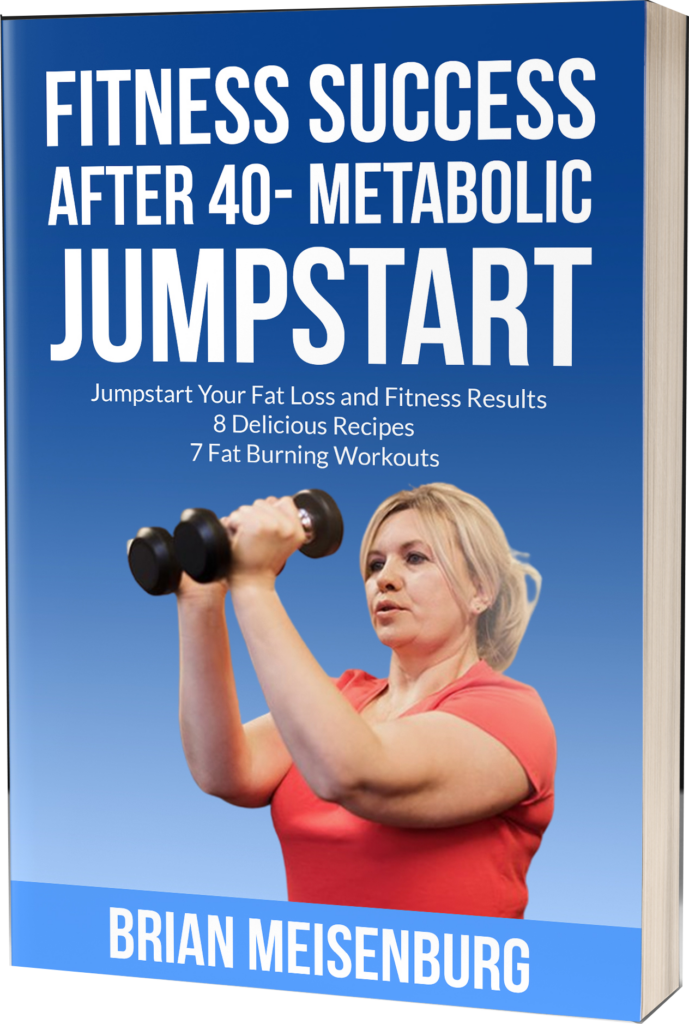When it comes to making a lifestyle change, there’s a lot of misinformation being shared, and we want to make sure you know what’s truth and what’s fiction. Here are a few of the most popularly shared Weight Loss Myths you can come across:
1. If you eat fat, you will get fat: This isn’t a complete myth. The truth is there are some fats you should absolutely stay away from, like trans fat, and there are those that should be used sparingly, like saturated fats. But there are also good fats — monounsaturated and polyunsaturated — that should be included in a healthy diet. These fats will not only keep you feeling full, they also contain heart-healthy Omega-3 fatty acids, which can lower blood pressure, reduce blood clotting, and decrease stroke and heart failure. Examples of good fats: avocados, nuts, flax seeds, and olive oil.
2. Carbs should be eliminated from your diet: There’s a lot of back and forth on this subject, especially when popular diets like paleo and keto are all about low carbs. But there’s a reason carbs are still included on the food pyramid or the new food plate for a well-balanced diet. Carbs are essential to fueling your body and brain. But just like fat, it’s all about what kind of carbs you’re fueling your body with. Whole grains, fruits, and vegetables are the ideal ways to provide the necessary intake.
3. You can exercise the pounds away: When starting a lifestyle change, the immediate thought is to workout for hours on end. But exercising morning, noon, and night will leave you exhausted, sore, and can cause you to quit before you’ve gotten your habits off the ground. Introducing a fitness routine is just one part of a successful change. A well-balanced diet makes up the other 80% of a healthy lifestyle change. Working out has a ton of health benefits, but make sure when starting out you’re not overdoing it, and you’re taking advice from a professional who will show you how to start safely.
4. A cheat day is okay: Rewarding yourself every now and then is okay. An entire day devoted to pigging out on all the things you’ve avoided is not. Make your “cheats” count by making it one meal or a treat occasionally, as not to derail your progress. When you overdo it one day, the next day will leave you feeling sluggish and you’ll be looking for something to help move you along, which can start a cycle of unhealthy eating. Keep your eyes on the prize and find ways to curb your cravings with healthy alternatives. If you need help figuring it out, ask your nutrition coach.
5. You need to lose substantial weight to notice health changes. If your reasoning for wanting to be healthier has to do with medical issues like high blood pressure, making changes to your diet and starting an exercise routine are the best ways to avoid being put on medication or being taken off medication. Studies show you only need to lose 10% of your weight in order to see changes in blood pressure and blood sugar, plus you’ll be lowering your risk for heart disease and Type 2 diabetes.
These are just a few of the many myths out there that can set back your progress. If you hear or read something that isn’t given to you by professionals, ask one of our staff members to ensure you know exactly what to do to keep moving towards your goal.
Yours In Health
Brian
About The Author: Brian Meisenburg is a Buffalo Personal Trainer helping busy people over 40 get the body they want, the energy they need and the confidence they deserve. Learn more at www.fatlossbuffalo.com



